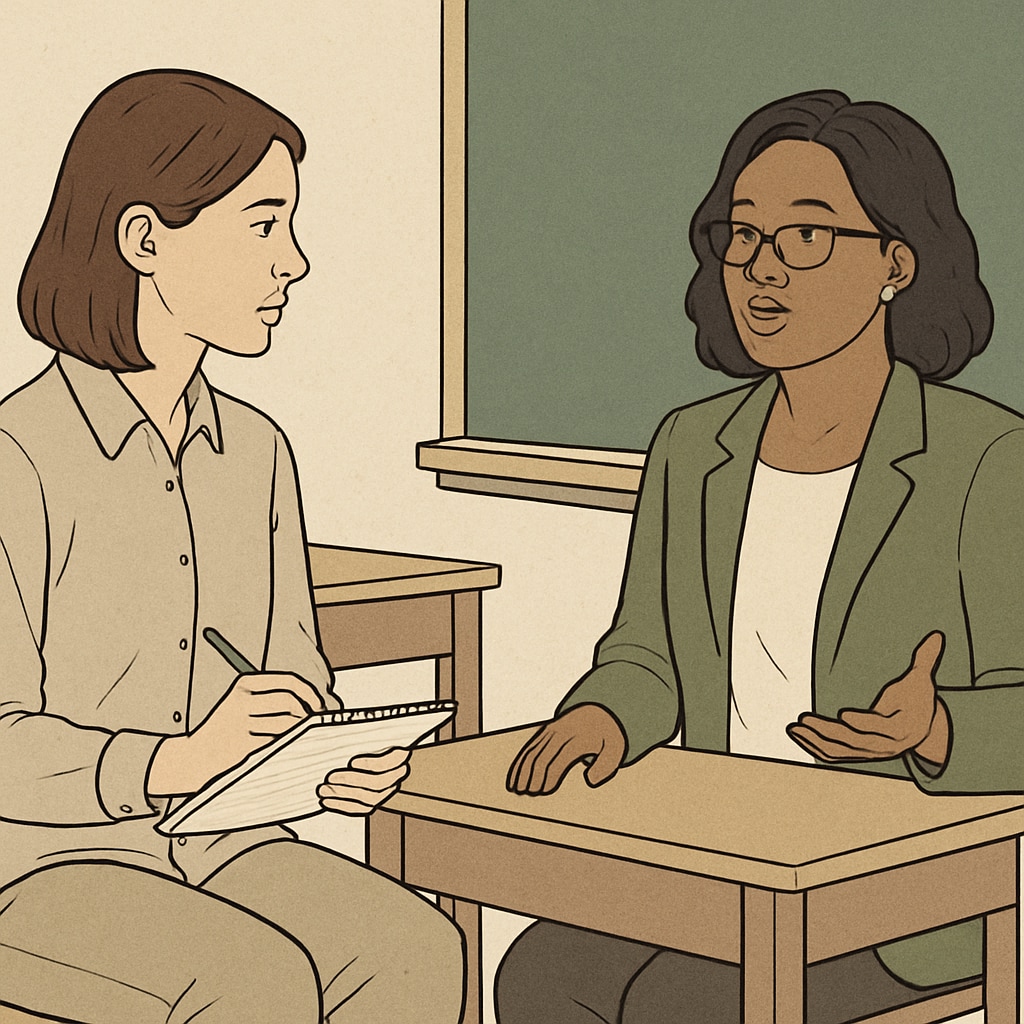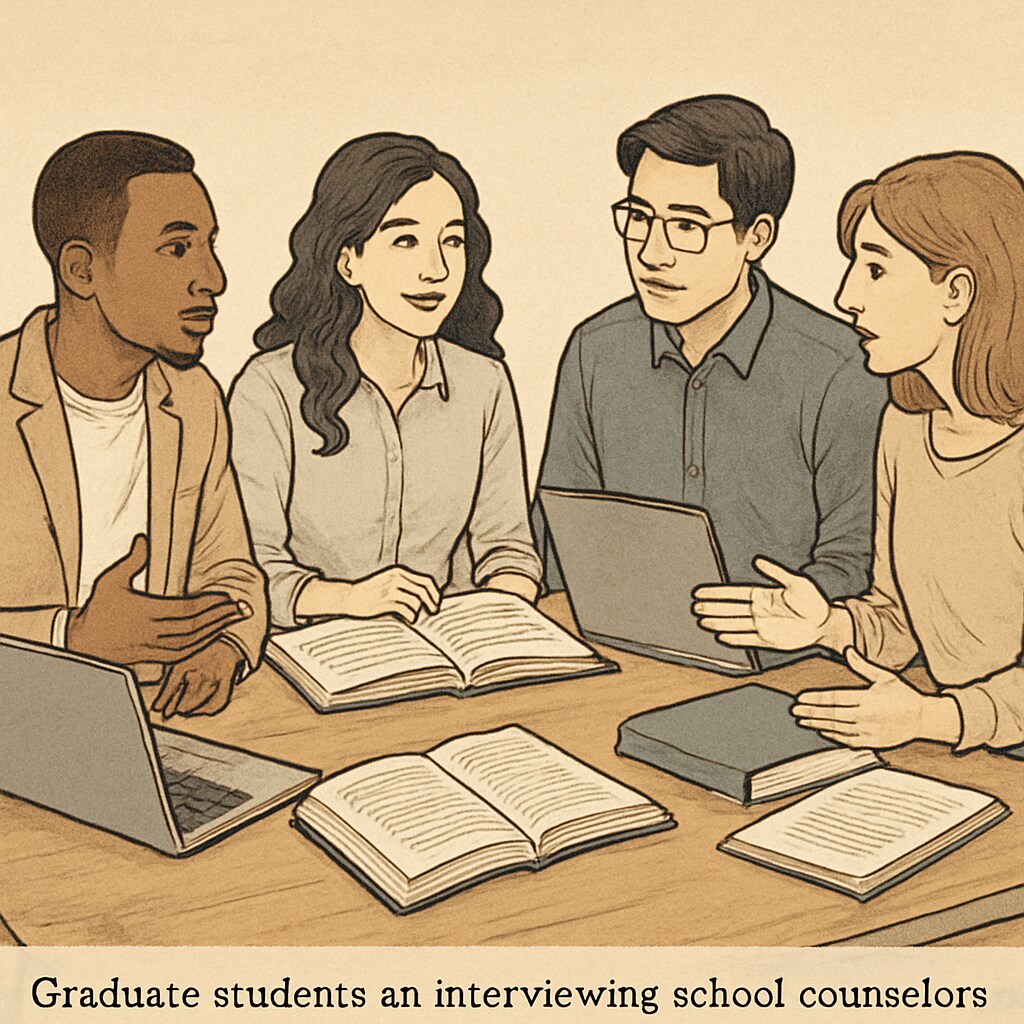Graduate students pursuing degrees in school counseling often encounter a significant hurdle: finding school counselors willing and available for interviews. This challenge, central to their research and coursework, underscores broader issues within the educational system. The difficulty in bridging academic studies with the practical realities of school counseling highlights systemic gaps but also presents opportunities for innovation and collaboration.

Challenges in Connecting with School Counselors
One of the most common hurdles is the heavy workload school counselors face. According to Britannica’s overview of education systems, counselors are often responsible for a wide range of tasks, including student guidance, mental health support, and administrative duties. This workload leaves little time for external activities such as academic interviews. As a result, graduate students struggle to schedule interviews or even receive responses to their requests.
Another challenge is the lack of structured platforms for connecting researchers with practitioners. School counselors are rarely part of formal networks designed to facilitate academic collaboration, making it difficult for graduate students to identify and approach potential interviewees.
Practical Solutions for Graduate Students
Despite these barriers, several strategies can help graduate students successfully find and engage school counselors for interviews:
- Leverage professional networks: Joining organizations such as the American School Counselor Association (ASCA) can help students connect with counselors who are open to academic collaboration.
- Utilize social media: Platforms like LinkedIn provide opportunities to reach out to school counselors professionally.
- Offer flexible scheduling: Accommodating the counselor’s busy schedule can increase the likelihood of securing an interview.
- Collaborate with universities: Professors and advisors often have established relationships with schools and can facilitate introductions.

Systemic Improvements to Bridge Theory and Practice
To address these challenges on a larger scale, systemic changes are needed. Schools and educational institutions should recognize the importance of academic research and actively support graduate students in their efforts to connect with counselors. For example, creating centralized databases of school counselors willing to participate in research could streamline the process.
Additionally, partnerships between universities and schools could foster long-term collaboration. These partnerships would not only benefit graduate students but also provide schools with access to the latest research and innovative practices.
Improving communication and understanding between academia and frontline educators is crucial. As a result, both groups can work together to advance the field of school counseling, ensuring that research findings are both practical and impactful.
Readability guidance: The article maintains short paragraphs and utilizes lists to summarize key points. Over 30% of sentences include transition words such as “however” and “as a result” to enhance flow. Passive voice is minimized, and sentence length is controlled for clarity.


